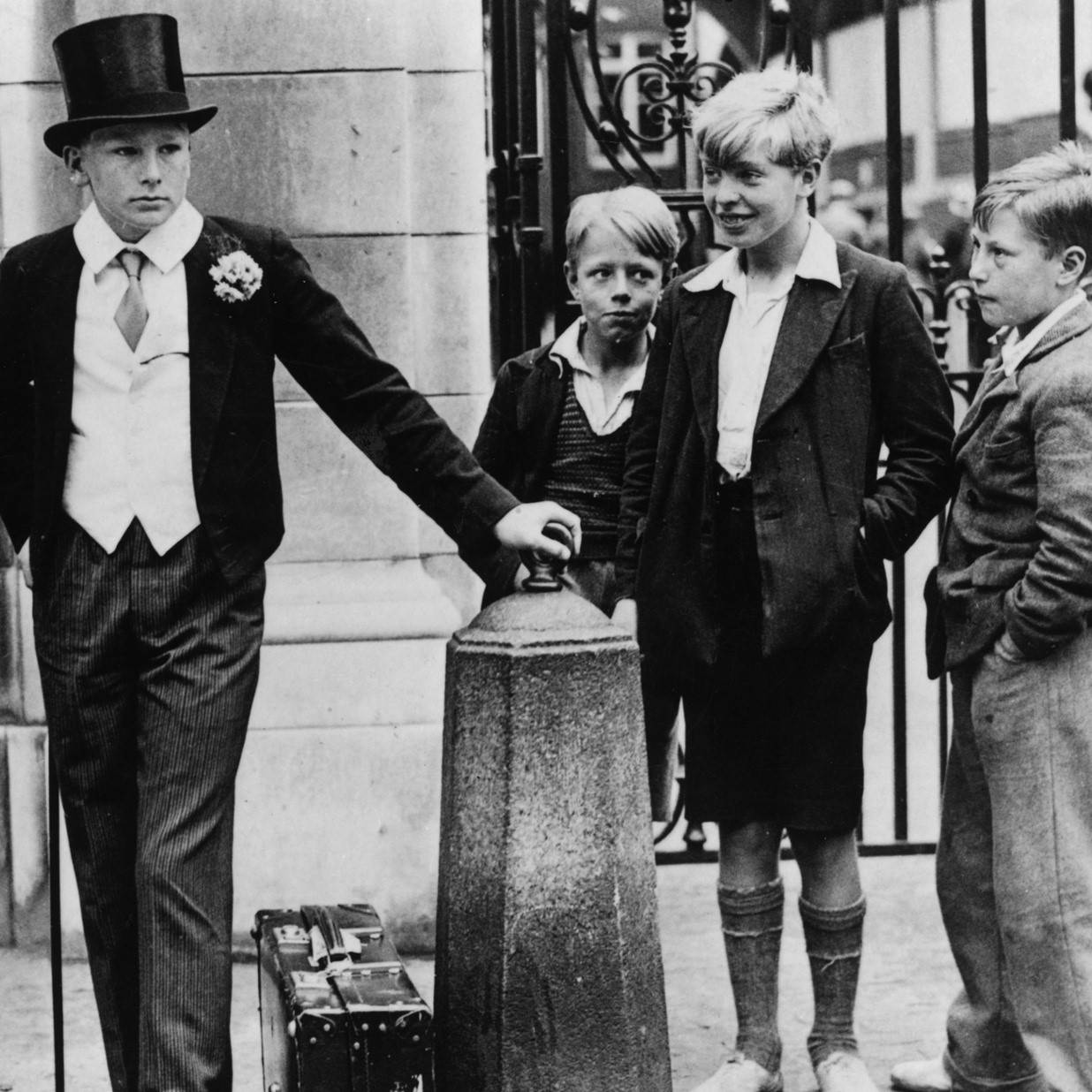March 28, 2017
Surge in the number of people working into their seventies 0
 The number of British people working past 70 years old has increased markedly over the past four years. Poor pensions, personal choice, greater life expectancy and changes to pension laws have all been highlighted as factors behind the increase in the latest report on demographic trends from the Office of National Statistics (ONS). The largest increase was seen amongst women, with the proportion of women working into their seventies doubling from 5.6 percent in 2012 to 11.3 percent last year. Around 150,000 women over seventy are now thought to be working. Meanwhile, the number of men working past the official state pension age has also increased, but at a slower rate, from 10 percent in 2012 to 15.5 percent last year.
The number of British people working past 70 years old has increased markedly over the past four years. Poor pensions, personal choice, greater life expectancy and changes to pension laws have all been highlighted as factors behind the increase in the latest report on demographic trends from the Office of National Statistics (ONS). The largest increase was seen amongst women, with the proportion of women working into their seventies doubling from 5.6 percent in 2012 to 11.3 percent last year. Around 150,000 women over seventy are now thought to be working. Meanwhile, the number of men working past the official state pension age has also increased, but at a slower rate, from 10 percent in 2012 to 15.5 percent last year.









 Accommodation and food services, manufacturing, and transport industries will be hardest hit by limits on movement of EU and non-EU workers following Brexit, a new report has claimed. The latest edition of Mercer’s
Accommodation and food services, manufacturing, and transport industries will be hardest hit by limits on movement of EU and non-EU workers following Brexit, a new report has claimed. The latest edition of Mercer’s 





 Gig economy workers are as likely to be satisfied with their work as workers in traditional employment, according to a major new survey published today by the CIPD which provides the first robust estimate of the size of the gig economy. Currently, 4 percent of UK working adults aged between 18 and 70 are working in the ‘gig economy’, which means approximately 1.3 million people are engaged in ‘gig work’ according to ‘To gig or not to gig: Stories from the modern. The report, which is based on a survey of 400 gig economy workers and more than 2,000 other workers, as well as 15 in-depth interviews with gig economy workers found that nearly two-thirds (63 percent) believe the Government should regulate to guarantee them basic employment rights and benefits such as holiday pay. But the research also found that, contrary to much of the rhetoric, just 14 percent of respondents said they did gig work because they could not find alternative employment.
Gig economy workers are as likely to be satisfied with their work as workers in traditional employment, according to a major new survey published today by the CIPD which provides the first robust estimate of the size of the gig economy. Currently, 4 percent of UK working adults aged between 18 and 70 are working in the ‘gig economy’, which means approximately 1.3 million people are engaged in ‘gig work’ according to ‘To gig or not to gig: Stories from the modern. The report, which is based on a survey of 400 gig economy workers and more than 2,000 other workers, as well as 15 in-depth interviews with gig economy workers found that nearly two-thirds (63 percent) believe the Government should regulate to guarantee them basic employment rights and benefits such as holiday pay. But the research also found that, contrary to much of the rhetoric, just 14 percent of respondents said they did gig work because they could not find alternative employment.















